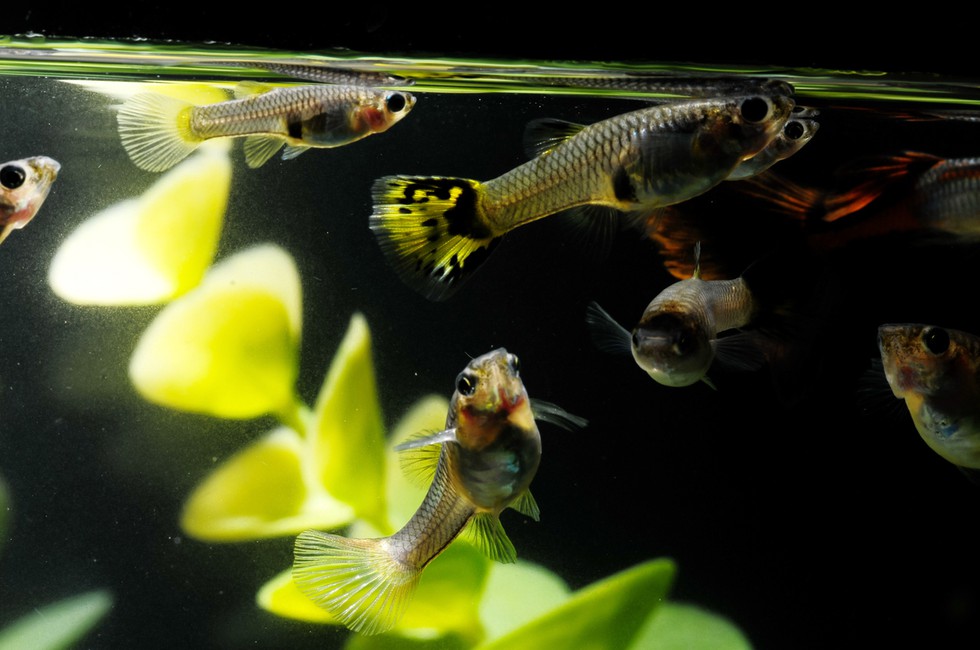
About Fluoxetine:
Key facts about Guppy Fish
International Buddhist Confederation,...
The Central Board of Direct Taxes (CB...
Researchers have developed a bunch of...
A recent study has revealed that long...
The World Gold Council (WGC) has rais...
The Poba Reserve Forest in Assam’s Dh...
The Union Ministry of Commerce and In...
The Union government recently decided...
Five persons fell unconscious and wer...
At least 47 Indians who were trapped ...